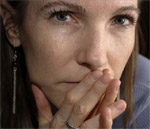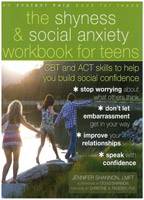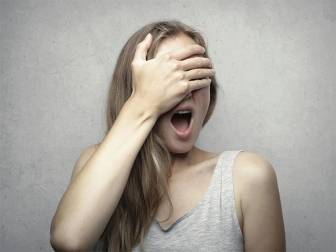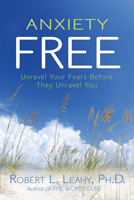Anxiety – A Big Worry For Women
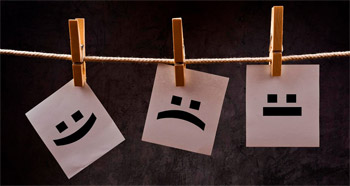
Anxiety – A Big Worry For Women
Anxiety affects over 2 million people aged 16-85 years, with the majority being women. While depression affects one in five women, anxiety is more widespread with one in three women experiencing anxiety at some time in their life.
Anxiety is a normal emotion that helps us to focus and even alerts and protects us from imminent danger. It may be experienced as feeling nervous, apprehensive, distressed or a feeling that something bad is about to happen. Feeling anxious does not necessarily mean you have an anxiety disorder. It is when feelings of anxiety become excessive, irrational or interfere in daily life that they become a problem.
Types of anxiety
There are different types of anxiety and those suffering from anxiety may experience more than one type at a time.
Generalised anxiety disorder: feeling anxious and worried about daily situations. These feelings are usually out of proportion to the circumstances concerned.
Phobias: a specific fear of something like spiders or even social situations where you may be embarrassed or feel you are being judged.
Panic disorder: frequent and unexpected panic attacks that usually last a few minutes, but can be so intense that it feels like something is really wrong, like you might be about to have a heart attack.
Obsessive compulsive disorder (OCD) : having intrusive, repeated thoughts (such as thinking there are germs everywhere) and trying to make these thoughts go away by performing certain behaviours (compulsions such as repeated hand washing).
Post-traumatic stress disorder: experiencing significant anxiety after a traumatic or distressing event. People with PTSD tend to re-live and avoid reminders of the event. Common traumas include car accidents, natural disasters and being diagnosed with a life-threatening illness.
While anxiety can happen at any time, there are times in a woman's life when she may be more likely to experience anxiety. Major life events such as difficulty getting pregnant, being a new mother, menopause and managing a chronic illness can be times of higher anxiety for women.
The effects of anxiety can be physical such as a racing heart, sweaty hands, sleeplessness or fast breathing or it could be emotional such as difficulty concentrating, feeling panicky or overwhelmed.
It's important to get help if your anxieties interfere in your daily life and cause significant emotional and physical distress. The good news is there is a lot you can do to help with anxiety.
10 practical tips to help with anxiety
Focus on the present moment
Find out what you can control
Ask yourself: will this matter in a week? A month? A year?
Listen to music you like
Take some time out
Laugh
Go outside and take a break for a few minutes
Visit your GP
Speak to a registered psychologist
Find out more
Anxiety: Learn, Think, Do is an online -hub' designed to help women learn about worry and anxiety, think about the anxieties they have, and offers practical ways to manage and live with anxiety. A self-assessment tool can help to identify levels of worry and anxiety and an online toolkit offers a variety of practical options to help deal with worries and anxieties.
For more information on anxiety across the whole of women's lives visit anxiety.jeanhailes.org.au
Published with the permission of Jean Hailes for Women's Health
jeanhailes.org.au
1800 JEAN HAILES (532 642)
Have You Seen This?
MORE


